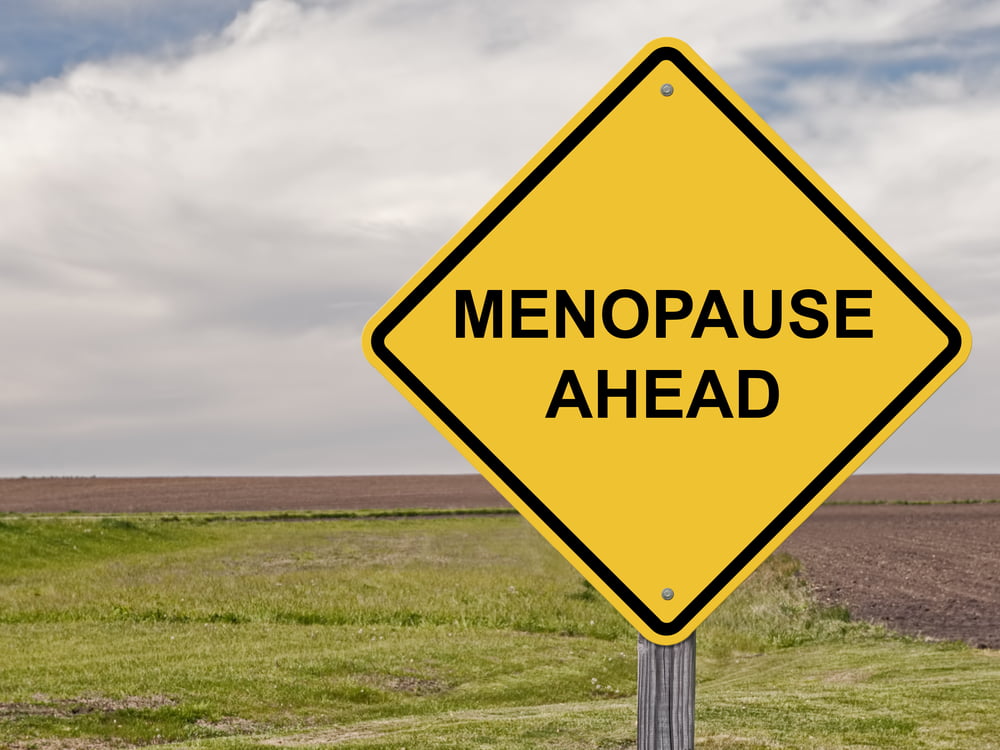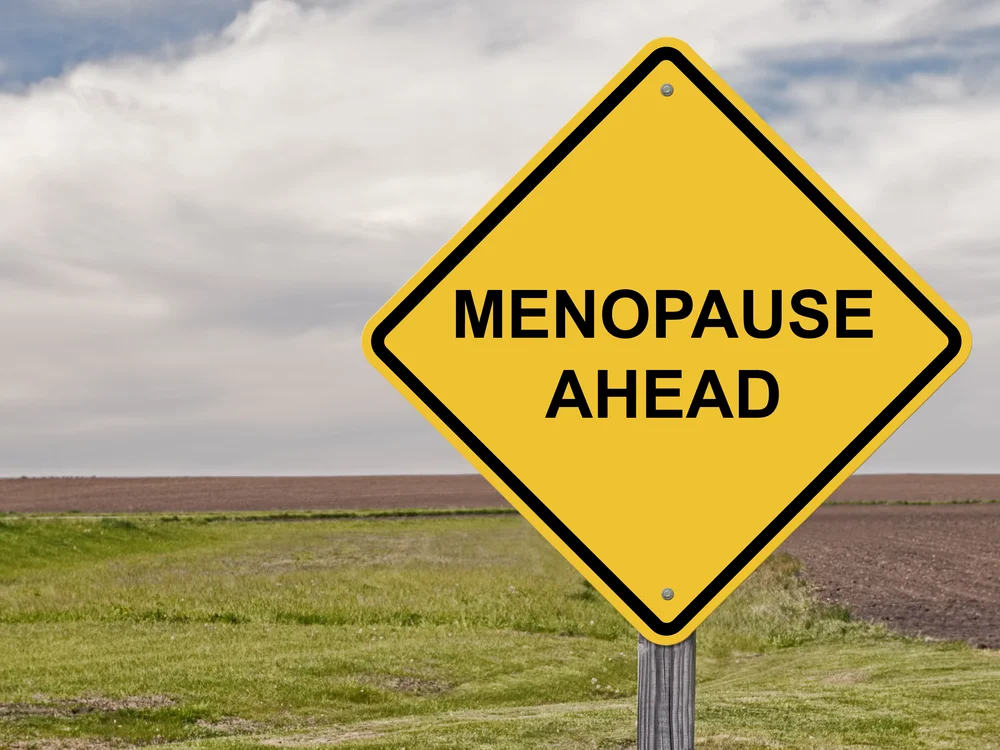- Sponsored Content
What is ‘perimenopause’?
Perimenopause means “around menopause.” It is a phase in a woman’s life marked by alterations in the quantity and frequency of oestrogen production, which is the main female hormone produced by the ovaries. As the ovaries become depleted of eggs and bleeding episodes become more erratic, perimenopausal woman may encounter numerous physical manifestations.

When does it happen?
Perimenopause occurs well before officially hitting menopause. In fact women enter this stage up to 8 to 10 years ahead of menopause. Women are most commonly in their 40s, but this can start as early as the late 30s.
Perimenopause has the potential to become a difficult period in a woman’s life. It is important that each woman attempts to understand the alterations that her body is undergoing and attempt to proactively manage these physiological changes. These symptoms can at times be intense, thus interfering with everyday activities and relationships.
Menopause officially marks the end of female reproduction and is recognized when a woman has not had a period for 12 consecutive months.
What are the symptoms?
- Irregular periods. Due to irregular production of oestrogen, periods tend to be heavier or lighter than normal as well as erratic.
- Hot flushes is an episodic sensation of heat rising over the neck and facial areas of a woman’s body, followed by profuse sweating..
- Breast tenderness. Oestrogen-induced fluid retention in the breasts increases due to the increased interval between ovulations.
- This can be caused by night sweats and disturbed sleep leads to irritability and fatigue during the day.
- Weight gain. The erratic production of oestrogen can lead to fluid retention as well as increased appetite leading to women gaining a significant amount of body fat.
- Fertility issues. There is a higher rate of miscarriages and difficulties conceiving. As a result of erratic menstrual cycles, women tend not to use contraception, leading to unplanned pregnancies.
- Loss of bone density. Oestrogen is involved in bone metabolism and diminished levels increases the risk of osteoporosis.
- Mood changes such as mood swings, depression and anxiety. This can put a strain on interpersonal relationships.
- Alterations in cholesterol levels may predispose a woman to heart disease.
- Decreased libido is usually due to diminished levels of testosterone produced by the ovaries.
- Vaginal pain during intercourse.
- Bladder problems including urinary frequency, incontinence and an increased rate of urinary tract infections.
What can you do?
Management of the perimenopause is largely dependent on the severity of symptoms. The following are seen as positive steps to alleviate symptoms:
- Stop smoking
- Get more sleep and try going to sleep and waking up at the same time each day
- Drink less alcohol
- Get to a healthy weight and stay there
- Get enough calcium in your diet
- Ask your doctor if you should take a multivitamins
Other treatments available to help with the various symptoms of perimenopause may include antidepressant medications for mood swings.
Talk to your doctor about your specific symptoms and goals of treatment. This will help him or her make a plan that is right for you. These may vary from conservative measures to pharmacological treatment.
Dr Vinu Sahlén is based at IMC Camden. Call 6733 4440 to make an appointment.








